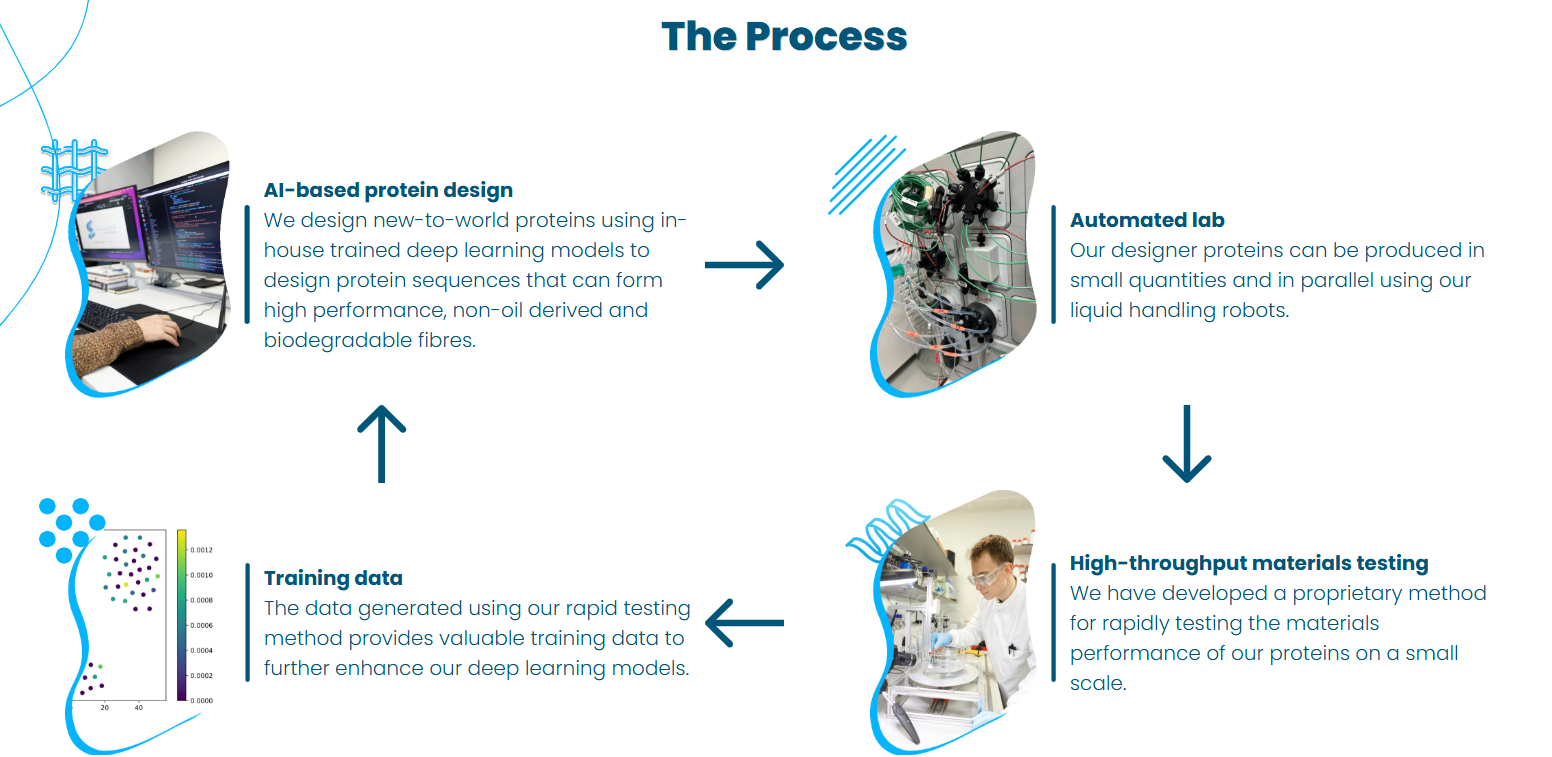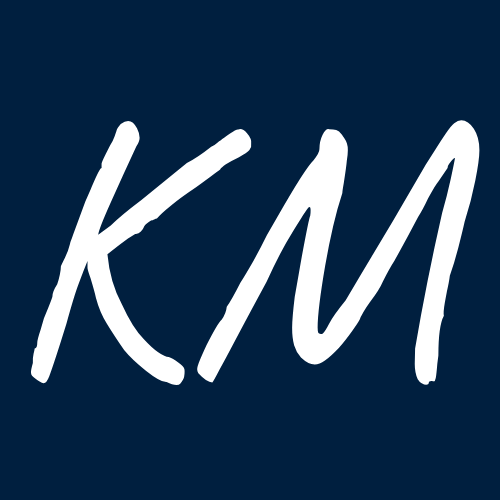TCL #29: Reimagining Matter, Manufacturing, and Memory
Tiny Tech, Vast Ambitions
This week's revolution is microscopic. Scientists in London create fabrics that will decompose instead of choking landfills. American electric vehicles advance through Saudi Arabian partnerships. Far-UVC light technology emerges for chemical-free disinfection. An Indian Chemical firm expands globally by acquiring American high-pressure chemistry expertise. Perhaps most remarkable: the venture to store digital information in DNA itself.
While artificial intelligence dominates conversations, these innovators pursue a different path. They know that true disruption happens at the molecular level, where matter can be reimagined.
Materials

Solena Materials, a London-based biotechnology company, has raised $6.7 million in seed funding to scale production of sustainable fibers for clothing. The company is a spin-out from Imperial College and leverages computational design, machine learning, and automation to accelerate the design and development of protein material. The resulting fibers offer an alternative to petroleum-based products: non-oil derived and biodegradable, designed to decompose naturally rather than persist in landfills. The funding round represents growing investor interest in alternatives to environmentally problematic materials that dominate apparel manufacturing, coming at a time when long-term trends show natural fibers growing at just 0.9% annually, compared to 2.7% for cellulosic fibers, and 3.1% for synthetic fibers.
EV
American luxury electric vehicle (EV) manufacturer Lucid Group has formed a strategic partnership with King Abdullah University of Science and Technology (KAUST) to enhance EV technology and capabilities in Saudi Arabia. The partnership aims to create prototypes for next-generation vehicles. KAUST will contribute its research capabilities and supercomputing resources to support Lucid's research and development in areas like fluid dynamics, materials science, and AI training. Since its IPO, Lucid Group's stock has experienced significant changes. Notably, In 2022, the stock price plummeted by 82% due to production challenges, increased competition, and market conditions.
Photonics Disinfection
In North Carolina's research triangle, Uviquity, a deep tech startup that works on wide bandgap semiconductors and integrated photonics, has secured $6.6 million in seed funding to advance its far-UVC semiconductor technology for disinfection. The funding round was led by Emerald Development Managers, with participation from AgFunder and MANN+HUMMEL. The company aims to provide chemical-free disinfection for air, food, and water applications.
Far-UVC light operates at wavelengths of 200-300 nm, making it safer for continuous use around humans compared to traditional UVC light (254 nm), which is harmful to skin and eyes. The company's technology utilizes photonic integrated circuits (PIC) to transform blue lasers into far-UVC light through a process called second harmonic generation. The company aims to create prototypes this year, deliver customer samples in 2026, and begin pilot production in 2027, with a goal to achieve significant cost reductions compared to existing excimer bulbs.
Process Industry
Dover Corporation has announced its agreement to acquire SIKORA AG for €550 million (approximately $618 million) in cash. The deal is expected to close in Q2 2025. SIKORA, founded in 1973 and based in Bremen, Germany, specializes in precision measurement and control technologies for various production processes.
This acquisition will integrate SIKORA into Dover's MAAG operating unit within the Pumps & Process Solutions segment. SIKORA generated approximately €100 million in revenue in 2024, driven by increasing demand in electrification and high-performance applications.
Polymers
In a strategic move to bolster its regional footprint, Aster Chemicals and Energy, through its affiliate Chandra Asri Capital, will acquire Chevron Phillips Singapore Chemicals (CPSC). The acquisition includes a polyethylene manufacturing facility located on Jurong Island, Singapore. The CPSC facility has an annual high-density polyethylene (HDPE) capacity of 400,000 tonnes. Financial details of the transaction remain undisclosed.
Commodity Chemicals
Ecovyst has completed its acquisition of sulfuric acid production facilities from Cornerstone Chemical Company in Wagman, Louisiana. The transaction valued at $35 million was first announced on March 18, 2025 and finalized on May 6, 2025.
Specialty Chemicals
- Navin Fluorine, a leading manufacturer of specialty fluorochemicals, has partnered with Chemours to manufacture OpteonTM liquid cooling products, which are based on hydroolefin chemistry and offer low global warming potential (GWP) solutions. This collaboration aims to meet the increasing cooling demands of advanced data centers and AI hardware. Chemours claims that the Opteon technology nearly eliminates water use and can reduce energy consumption by up to 40% and cooling energy use by to 90%.
- Novopor Advanced Science Private Limited has acquired US-based Pressure Chemical Company to enhance its capabilities in high-pressure chemistry and specialty manufacturing. Novopor is an Indian performance chemicals and materials science company founded in 1994. Pressure Chemical, founded in 1964, has expertise in high-pressure chemistry, polymerization, and alkoxylation and known for its process development, piloting, and low-volume, high-value manufacturing. Novopor underwent a majority stake acquisition by Bain Capital in June 2023.
DNA Data Storage
Twist Bioscience has spun out its DNA storage technology into a new independent company called Atlas Data Storage. Atlas secured $155 million in seed funding from various investors, including ARCH Venture Partners and Bezos Expeditions. Twist will retain a minority ownership stake in Atlas and will benefit from future technology advancements and revenue from Atlas products. As per a report by Verified Market Research, a research and consulting firm, the global DNA data storage market is projected to generate $6.24 billion by 2032, growing at a CAGR of 74.48%.

